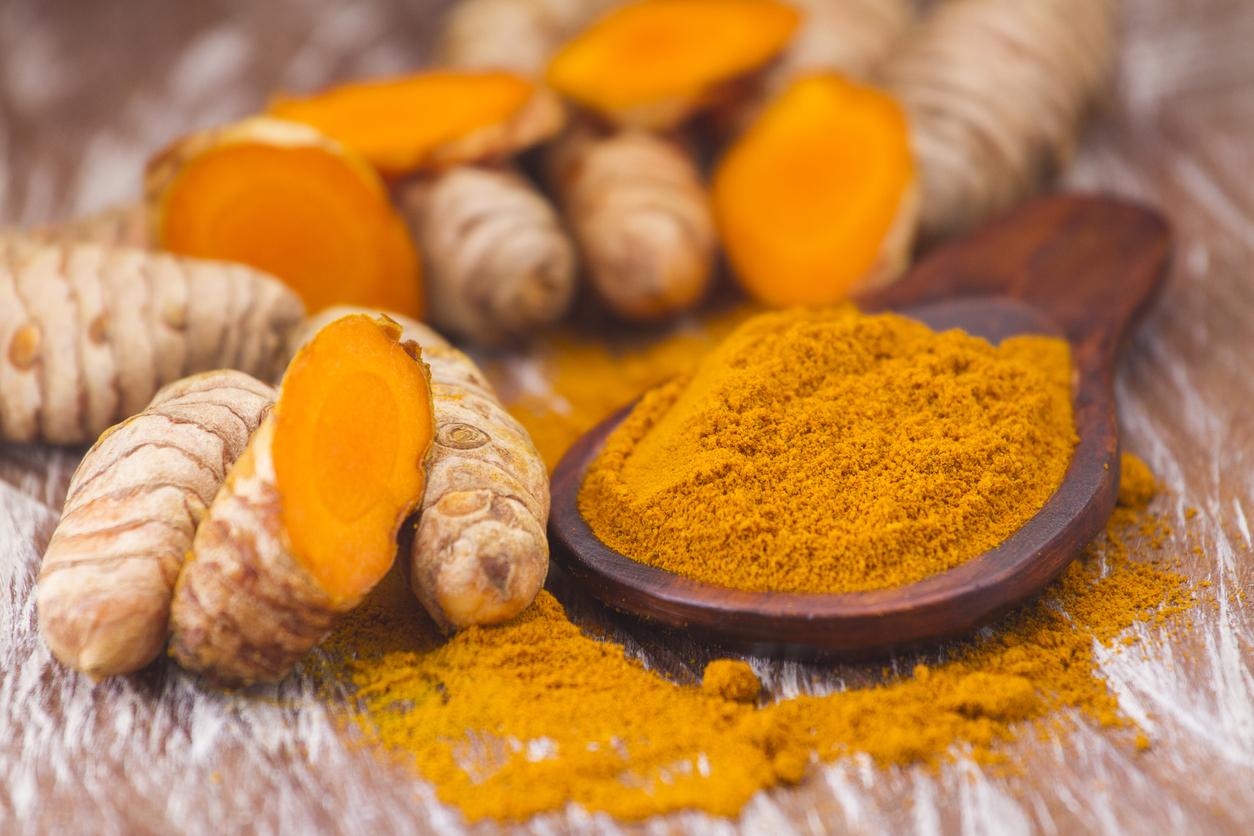ANSES warns against the adverse effects of turmeric food supplements.

- Turmeric is used as a spice in different cuisines.
- Turmeric is also used in traditional Indian and Chinese medicine for its potential digestive, antioxidant and anti-inflammatory properties.
Used as a spice, turmeric is a plant also present in many food supplements promoting its potential digestive, antioxidant and anti-inflammatory properties. But following several reports of hepatitis in Italy and France, ANSES warns on the risks of adverse effects related to this consumption.
Hepatitis
Recently, Italy has identified about twenty cases of hepatitis involving food supplements containing turmeric. In France, ANSES’s nutrivigilance system has recorded more than 100 reports of adverse effects likely to be linked to the consumption of food supplements containing turmeric or curcumin, including 15 cases of hepatitis.
“For consumption of curcumin without risk to health, EFSA has set the acceptable daily intake (ADI) at 180 mg of curcumin per day for an adult weighing 60 kg”, explains ANSES. “But so that all food intakes, food supplements included, do not exceed the ADI, ANSES has determined that the dose provided by food supplements must remain below 153 mg per day for an adult weighing 60 kg”, can we read on his website.
Choleretic properties
Like all other substances and preparations with these choleretic properties, the Agency also advises against the consumption of turmeric-based food supplements for people suffering from biliary tract pathologies or taking certain medications such as anticoagulants, anti-cancer drugs and immunosuppressants. If in doubt, consult your doctor.


















